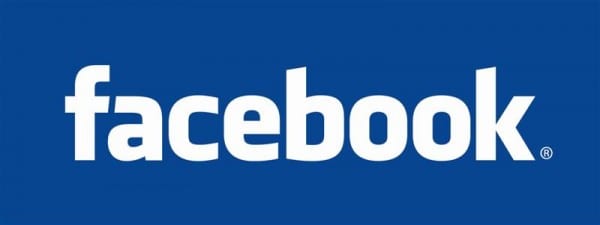How long will Facebook be around? Right now, the platform’s future looks contentious. The Harvard Business Review’s Bruce Nussbaum explains how Facebook’s problem is a cultural one:
Facebook is wildly successful because its founder matched new social media technology to a deep Western cultural longing — the adolescent desire for connection to other adolescents in their own private space. There they can be free to design their personal identities without adult supervision. Generation Y accepted Facebook as a free gift and proceeded to connect, express, and visualize the embarrassing aspects of their young lives.
Then Gen Y grew up and their culture and needs changed. What was once a private, gated community of trusted friends became an increasingly open, public commons of curious strangers. The few, original, loose tools of network control on Facebook no longer proved sufficient. The Gen Yers wanted better, more precise privacy controls that allowed them to secure their existing private social lives and separate them from their new public working lives.
Facebook’s business model, however, demands the opposite. It is trying to transform the private into a public arena it can offer advertisers…Facebook, under intense pressure, is belatedly agreeing to streamline and strengthen its privacy tools. That will lower the anger of its audience but increase the anxiety of its advertisers. The brand value of Facebook has already taken a hit and competing social media platforms that promise privacy are beginning to appear.
Giving economic value to social networks is the new holy grail in advertising and the media. An army of economists and mathematicians are at work on this task. To date, most of the work has focused on metrics — how many friends, how many linkages, how much influence. Facebook’s problems with privacy highlight the need to understand culture as well.
I don’t think that users are as loyal to the Facebook brand as they are to the stickiness of the site. It became wildly popular, everyone built networks on it, and few people want to ditch those established networks. If somebody else comes up with a platform that allows Facebook users to export or easily re-establish their networks and keep their desired level of privacy, Facebook could see quickly see its user base diminish.
Read the rest of Nussbaum’s excellent article here.

